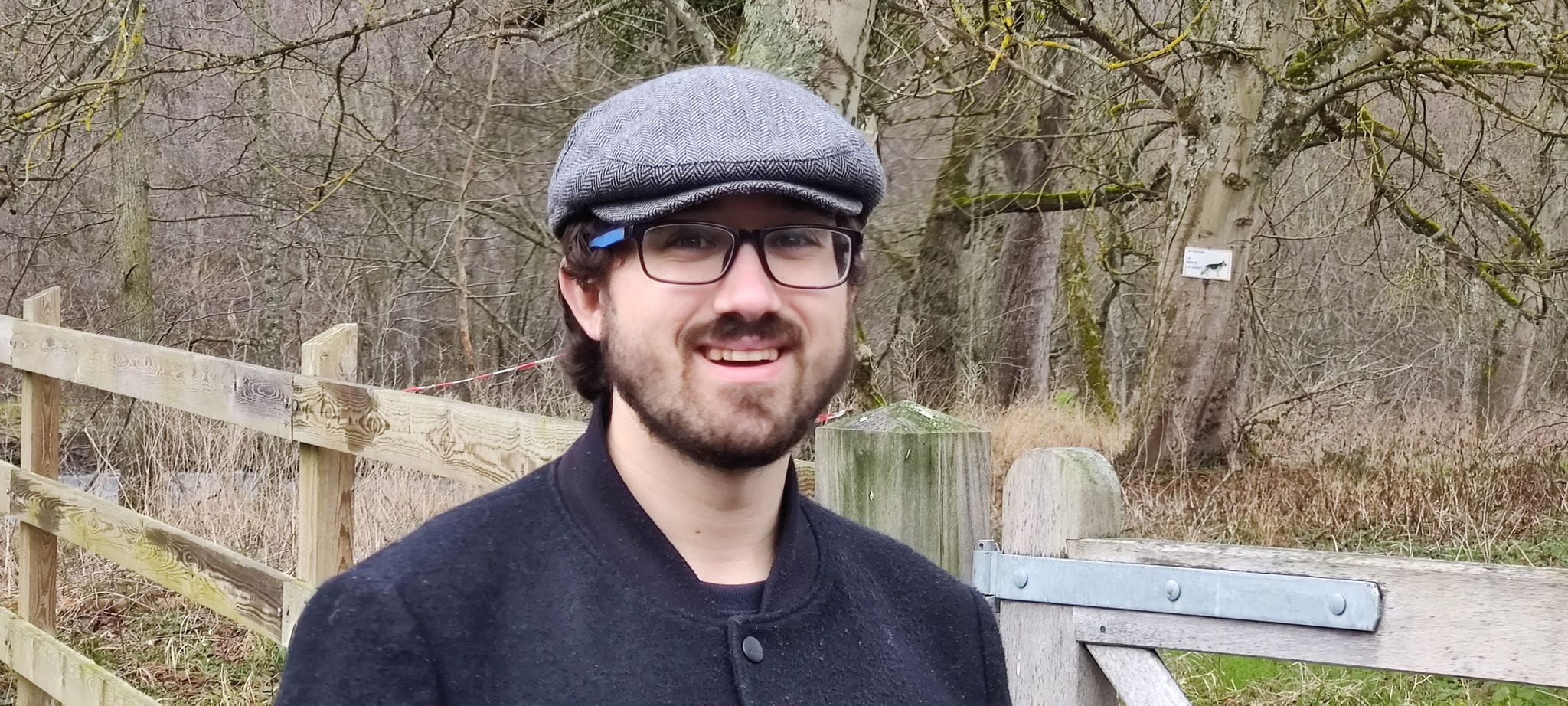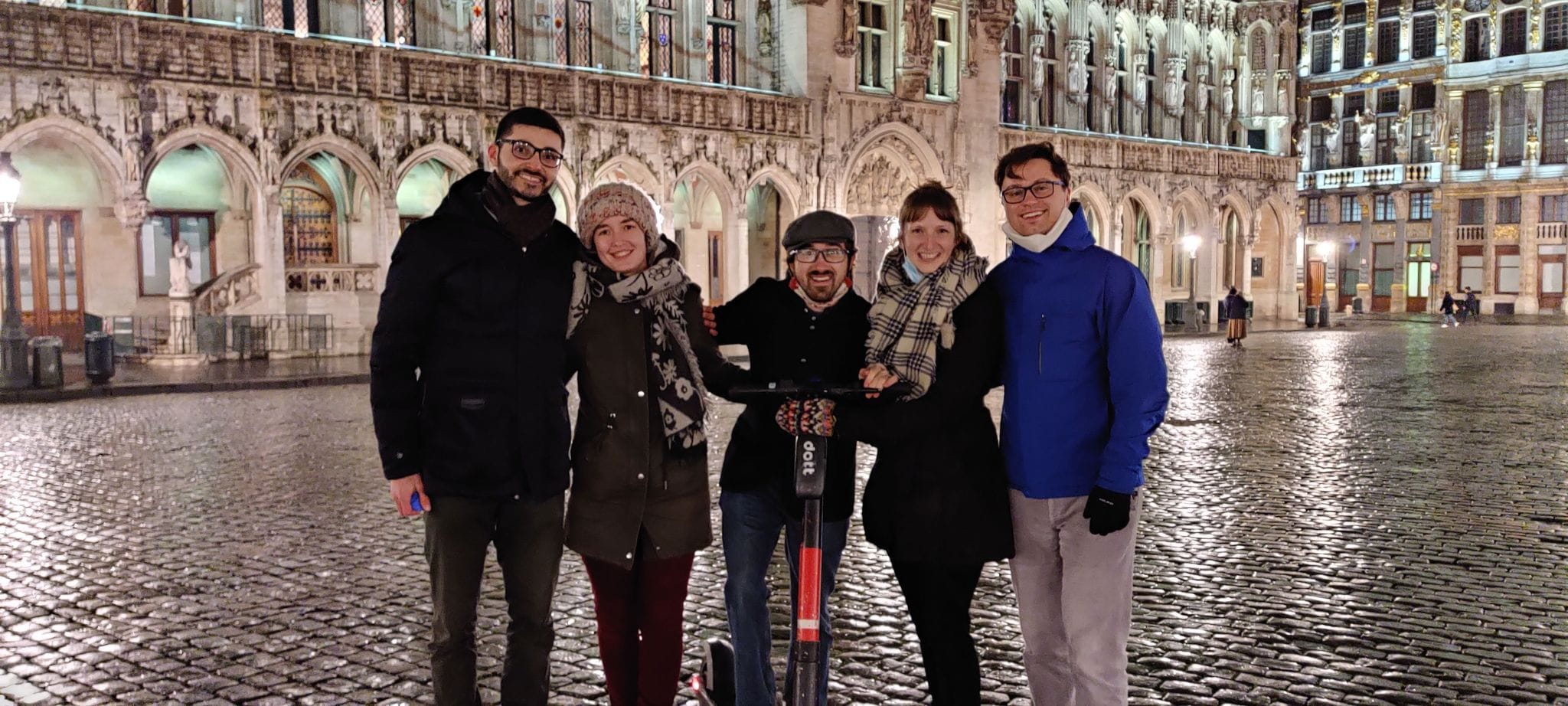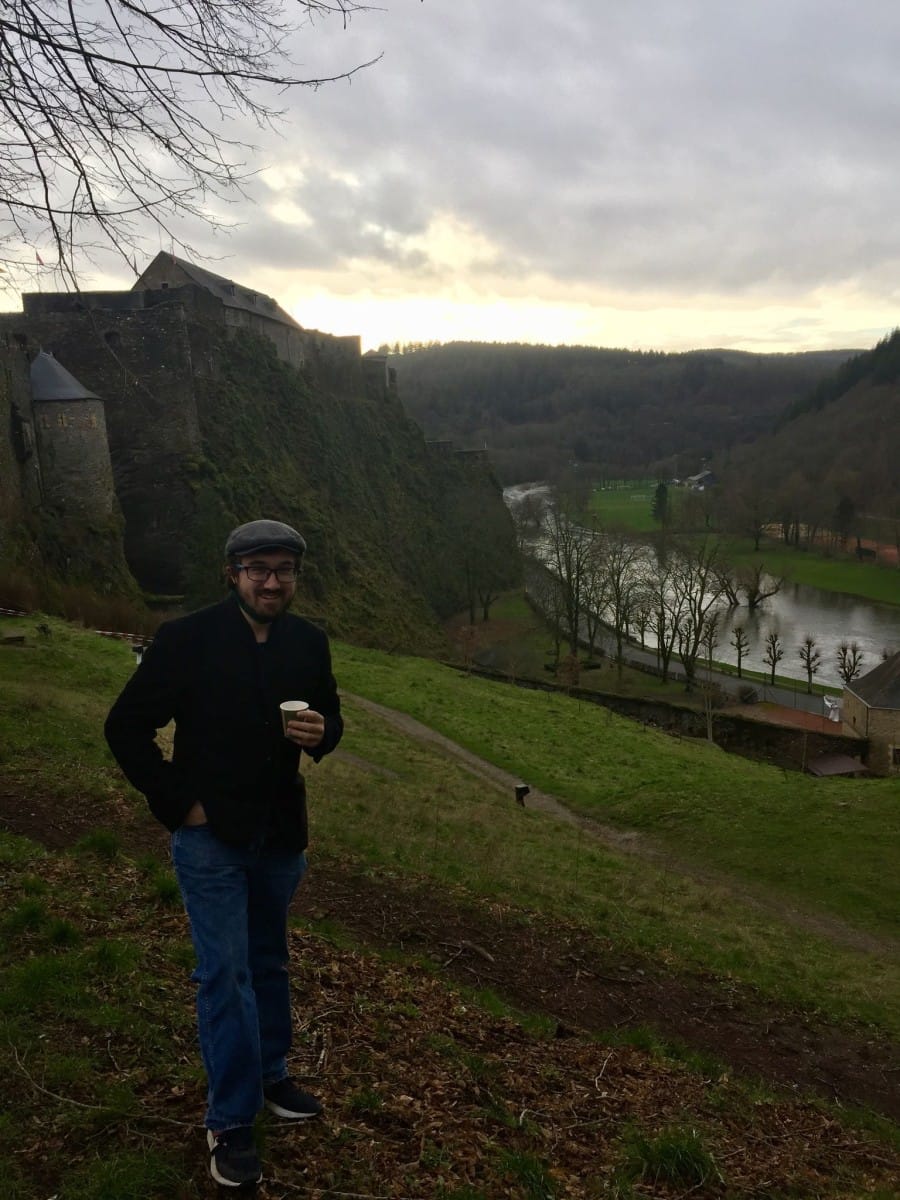
Among saints and scholars in Belgium
In this article, seminarian Ryan Beaupre reflects on his past year studying in Belgium, earning a masters in theology
Ryan Beaupre
Northern Light
I know it is a strange thing to say, but the past year was one of the best of my life. In September 2020, I headed off to the city of Leuven in Belgium in order to study the philosophy of St. Thomas Aquinas, while living in a monastery in the town. The program was an international Master’s of Philosophy at the Catholic University of Leuven (KU Leuven for short), to be completed in one year, with both classes, and a thesis. Despite COVID restrictions being similar to what they were here in Canada, I learned so much from the great minds of the past, made many good friends, and grew ever closer to Christ.
Before I say anything about my studies, I feel I should share what it was like to live in such an historic town and country. From my monastery window, I could see the spires of six Gothic churches! The university itself was founded in 1425 (making it four times older than Canada!) but the town goes back further than that, to at least the 9th century. I would often walk the cobblestone streets thinking about how many great men and women walked through them before me. St. Thomas Aquinas and his teacher, St. Albert the Great, had travelled there; Leuven played an important role in the Catholic response to the Reformation; our world map (the ‘Mercator projection’) was developed there; its university had taught countless great scholars and thousands of priests, among whom were Fr. George Lemaitre, who first proposed the Big Bang Theory, and the Venerable Fulton J. Sheen. But above all these, the greatest figure was St. Damien of Molokai. One of my favourite childhood saints, St. Damien was a missionary who spent his entire life serving a leper colony in Hawaii – I learned on my arrival that he was originally from a farm just outside Leuven, and is buried in the city. During my stay, I would go and pray at his tomb once a month.

I must speak as well about my temporary home there, namely, the Benedictine monastery of Abdij Keizersberg (Mount Caesar Abbey). This abbey is young by monastic standards, about 130 years old, and currently has only four monks. Beginning with St. Benedict in the sixth century, Benedictine monks devote their lives first and foremost to the contemplation of God. While other orders focus on doing good work in the world, such as Franciscans who serve the poor and Dominicans who preach the word of God, the Benedictine Rule states that ‘nothing is to be preferred to the work of God.’ These monks live a stable community life, normally in a single monastery for their entire life, perform plenty of manual labour, take frequent times for silence, and most of all, have beautiful, reverent liturgies. The virtues of deep and abiding humility, and obedience to superiors as to the will of God, are very important virtues for them. This lifestyle leads to Benedictine monasteries being very large and beautiful. Here in Canada, the largest abbeys are Westminster Abbey in Mission, BC and Saint-Benoît-du-Lac in Québec; both abbeys have around 30 monks.
For me, the Benedictine charisms were perfect for my growth this past year. My life consisted almost entirely of prayer, study, and friends. Each morning, I would wake up at six and spend a couple hours each morning in silent prayer in the abbey church. Then, I would do classwork all morning before Mass and Midday Prayer at noon. More classwork in the afternoon, followed by Vespers (Evening Prayer) just before supper, leaving me to relax and hang out in the evenings. I would close my day by chanting Compline by myself in the abbey church. These liturgies primarily consist in chanting the psalms, with times for other Scriptural readings and silence mixed in.

A word about my spiritual life. I spent more time in silent prayer this past year than I ever have before. While I remain a novice in the spiritual life, I know God brought me to understand and love Him in new ways through this silence. Just as it may be difficult to express in words the emotions and love one has for one’s family, so too, in silence, the Spirit brings us to love the good God “with sighs too deep for words” (Romans 8:26). In regular silent prayer before the tabernacle I was surprised to find myself crying from incredible joy in considering God’s goodness, His creation, His incarnation and resurrection, and presence to us in the sacraments.
Read the full story in the October 2021 edition of Northern Light